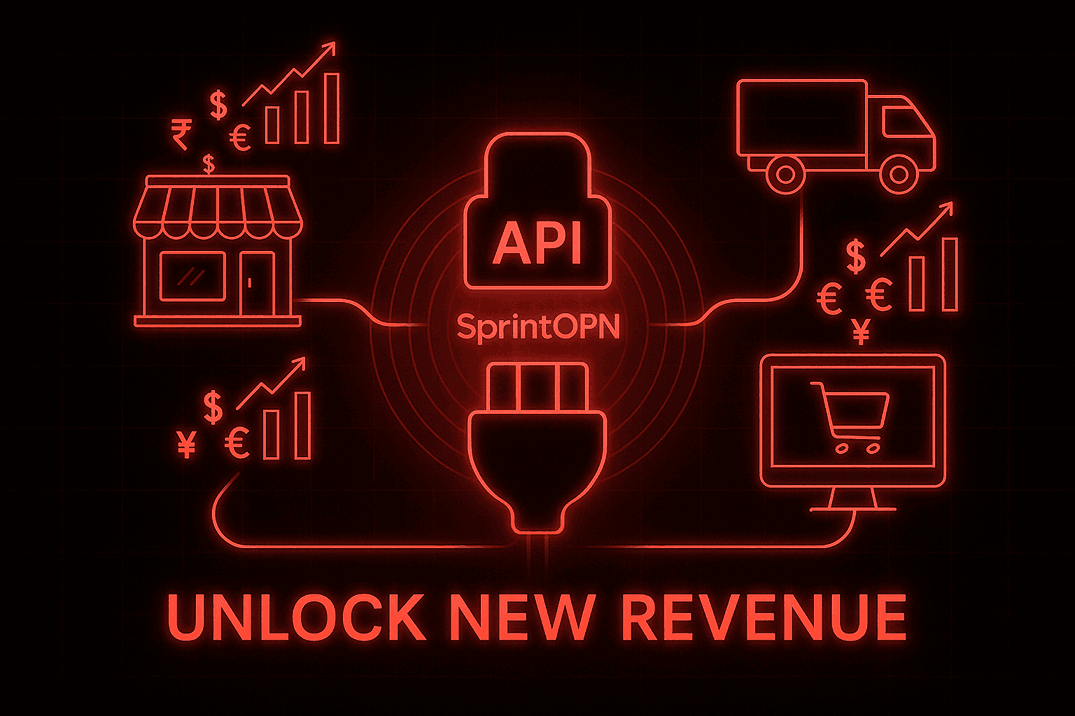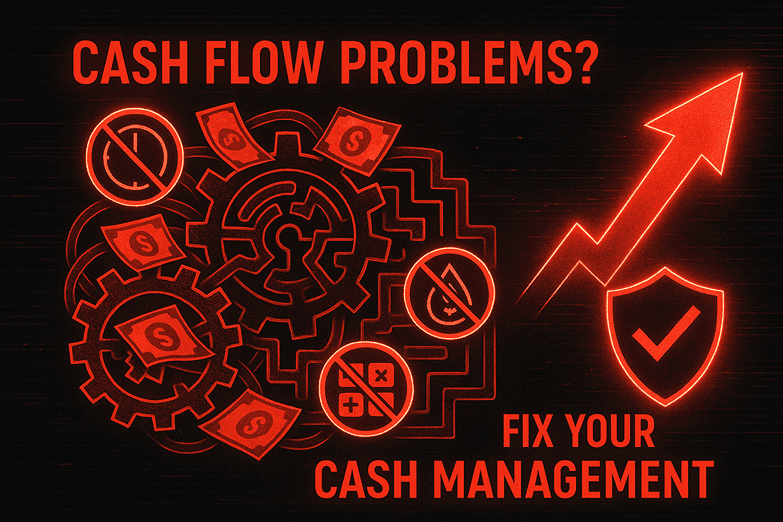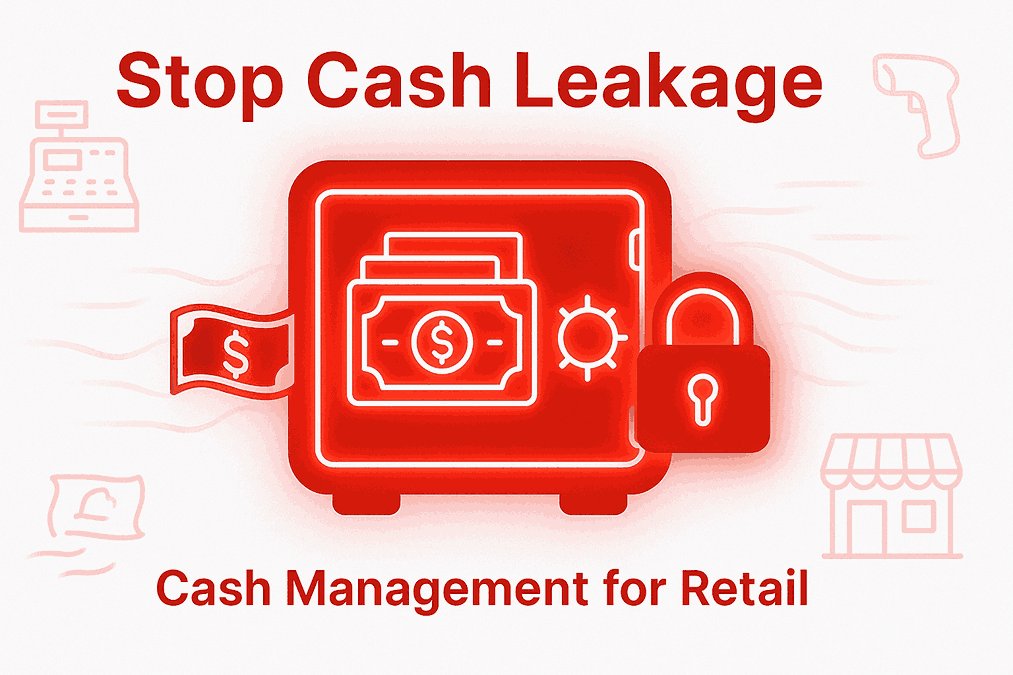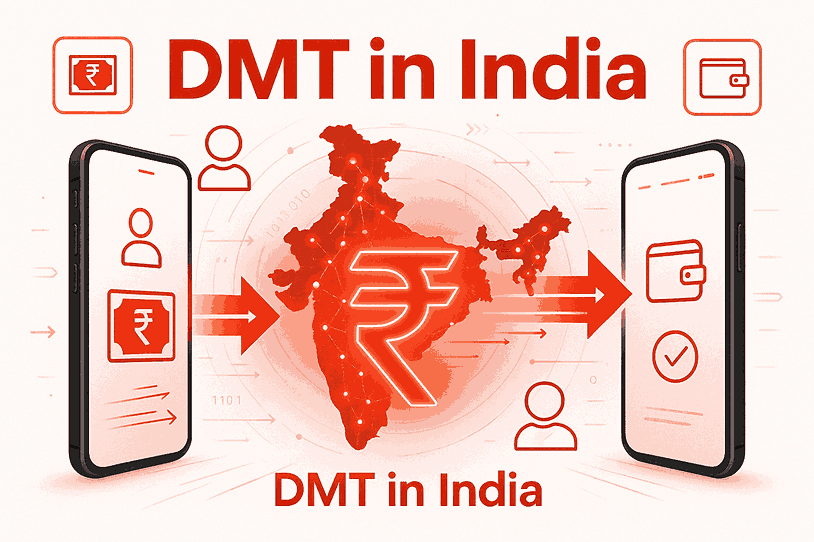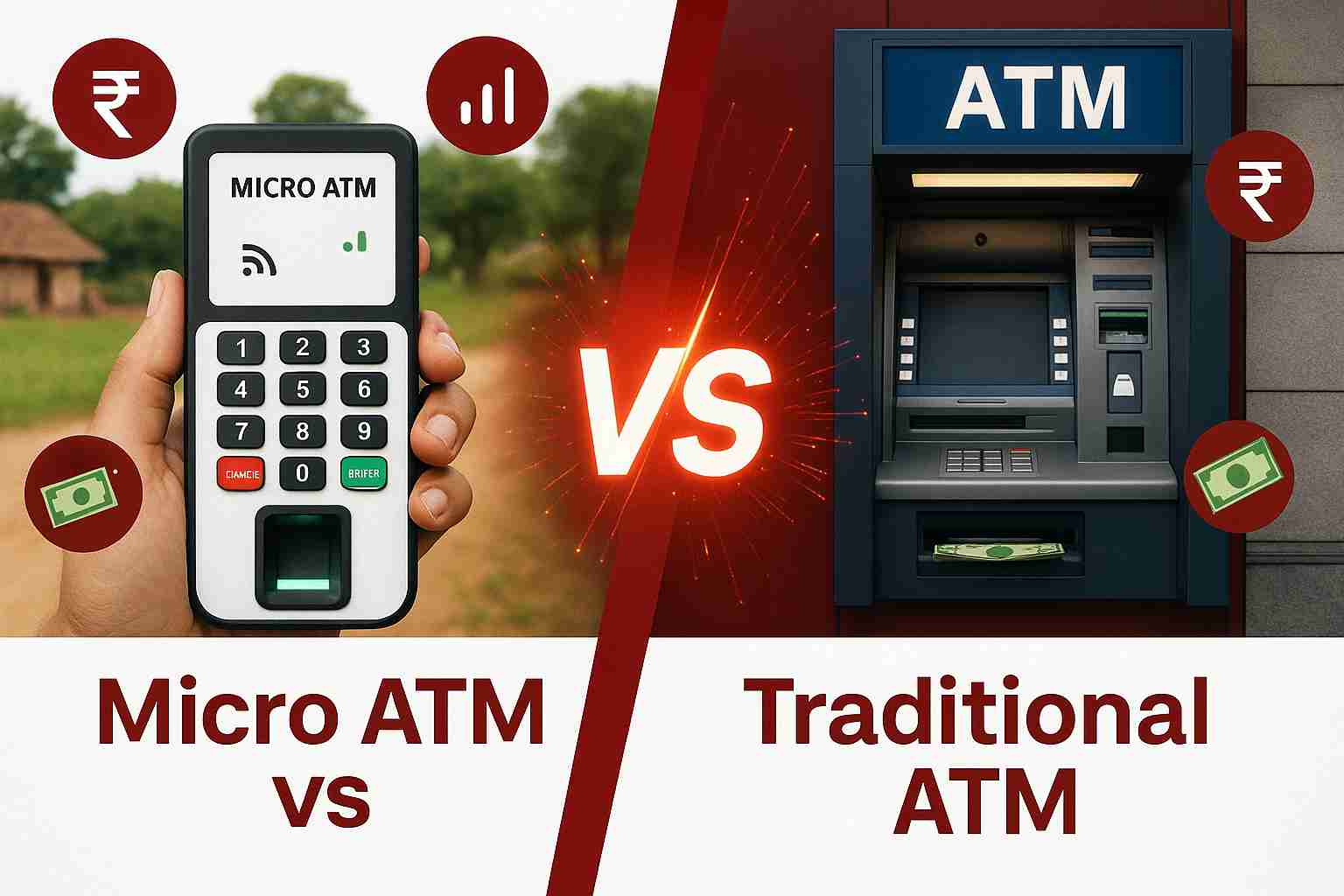What is PPI Wallet?
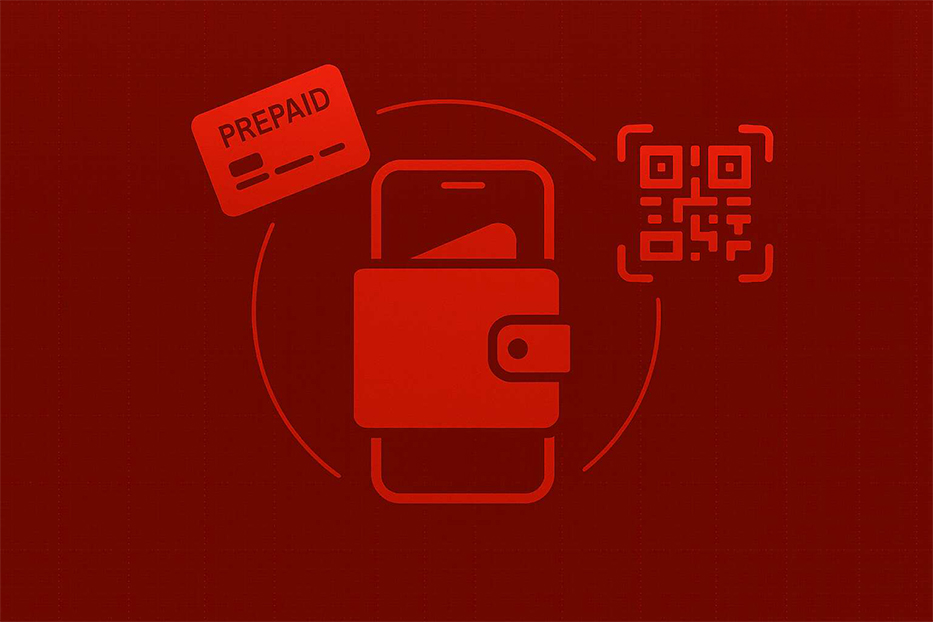
PPI Wallets. These days, practically everything
you desire costs money, either directly or indirectly. In
some cases, receiving certain benefits later on may even require payment in
advance. At first, cash was used for the majority of payments. However, payment
methods have changed over time due to technological advancements. You can now
send money using a variety of digital payment methods. There are
numerous tools and techniques for doing the same. A PPI wallet is among the
most popular kinds of electronic money services.
Read this Blog through to the end if you are unfamiliar
with PPI wallets. It will cover the intricacies of PPI wallets in detail. But
first, let’s discuss the evolution of payment systems.
Table of Contents:
1.
What a PPI Wallets?
2.
Types of PPI Wallets
3.
Features of PPI Wallets
4.
How to use PPI Wallets
5.
Benefits of using PPI Wallets
6.
Popular PPI Wallets in India
7.
Future of PPI Wallets
8.
How Businesses Benefit from PPI
Wallets
What a PPI Wallets?
Prepaid Payment Instruments Wallets are another
name for PPI Wallets. They are flexible instruments for digitally managing and
using pre-loaded monies. Both digital and physical versions of
these wallets are accessible. Without using their bank accounts directly, they
allow customers to hold a fixed amount of cash for easy transactions.
Types of PPI Wallets
PPI wallets come in a variety of forms, each
meeting distinct user requirements and tastes:
1.
Closed Wallets
It is restricted to a certain economic system, such as a
certain platform or store. Only inside the specified context may you use money
kept in closed wallets.
2.
Open Wallets
Many service providers and retailers are compatible with
open wallets. These wallets provide a larger range of functionality, enabling
users to conduct transactions across several platforms.
3.
Semi-closed Wallets
It operates within a network of affiliated merchants but
also provides limited interoperability. You can make transactions within the
specified network of merchants, but there is a degree of flexibility for
transactions beyond that network.
Features of PPI Wallets
1. Pre-loaded Funds
2. Convenience and Flexibility
3. Variety of Usages
4. Interoperability
5. UPI Integration
6. Dispute Resolution
7. Cross-border Remittances
8. Security
9. Rewards and Discounts
10. Self-registration
11. Bill Management
12. Secure Authentication
How to use PPI Wallets?
1.
Load Funds: Add
money to your PPI wallet from a bank account, credit card, debit card, or
payment source.
2.
Make Purchases: Use
the wallet for in-store or offline transactions at a supported merchant
3.
Transfer money: Send
the Fund to another wallet or bank account as per the wallet policies
4.
Withdraw Cash: If
allowed to withdraw money from the ATM or POS machines
5.
Monitor transactions: Regularly
check your wallet balance and transaction history for tracking expenses.
Benefits of using the PPI Wallets
In recent years, PPI wallets have grown in popularity. It
offers a straightforward and secure substitute for conventional currency and
bank accounts. The following are some particular advantages of PPI
wallets:
Easy Access at Your Fingertips
1.
PPI wallets transform payments by facilitating
speedy peer-to-peer, online, and retail transactions.
2.
They ensure rapid transactions with PIN or
biometric authentication, are quick and safe, and remove ATM lines.
3.
The PPI wallet app makes it simple to manage
bill payments for utilities and cell recharges.
Simplified Financial Management
1.
In addition to transactions, PPI wallets
provide integrated budgeting capabilities and transaction histories for
efficient money management.
2.
Customers benefit from loyalty programs,
rewards, and discounts, which increase the value of their purchases.
3.
PPI wallets are available without the
inconvenience of keeping a minimum balance, in contrast to regular accounts.
Improved Control and Security
1.
PPI wallets reduce the danger of unauthorized
access by prioritizing security through multi-factor authentication and
transaction warnings.
2.
By establishing spending caps and avoiding
excessive spending, users manage their expenditures.
3.
Limited liability gives wallet security
confidence by guarding against large financial losses in the event of a loss.
Inclusivity and Accessibility
1.
For people without access to regular banking
systems, PPI wallets provide easy access. This encourages financial
inclusivity.
2.
Additionally, this payment method is spreading
to remote locations with mobile internet connectivity.
3.
In isolated places, this promotes economic
inclusion and financial literacy even more.
Popular PPI Wallets in India
Here are some Popular PPI wallets in India
1.
Paytm: One of the most
well-known PPI wallets in India, Paytm provides several services, including
online shopping, bill payment, cinema ticket booking, and cellphone recharges.
2.
PhonePay: Another
well-known PPI wallet in India is PhonePe, which provides a safe and
user-friendly platform for money transfers, online purchases, and mobile
payments.
3.
Google Pay: Google
Pay provides PPI wallet services in India, allowing customers to utilize a
mobile device connected to a bank account or debit/credit card to make
payments, transfers, and recharges.
4.
MobiKwik: MobiKwik
is a well-known PPI wallet in India that offers simple ways to pay for
utilities, make online purchases, recharge mobile devices, and send money.
5.
Amazon Pay: Amazon
Pay is associated with the Amazon platform, Amazon Pay is a popular PPI wallet
in India for bill payments, recharges, and online shopping.
6.
FreeCharge: FreeCharge
provides a PPI wallet that makes it simple for customers to pay for online
purchases, utility bills, and recharges.
7.
Axis Pay: Axis
Bank offers Axis Pay, a PPI wallet. It is intended to improve the security and
convenience of regular payments.
Future of PPI Wallets
The Future of PPI Wallets With the new RBI regulation
permitting full-KYC PPIs to be connected to UPI and utilized through
third-party apps, improving interoperability and user ease, the future of PPI
wallets in India is bright. By bridging the gap between PPIs and conventional
bank accounts, this action seeks to increase financial inclusion and digital
payments.
How Businesses Benefit from PPI Wallets
1.
Faster Payments: PPI
wallets make it possible to conduct transactions instantly, cutting down on
wait times and enhancing consumer satisfaction.
2.
Increased Sales: More
consumers, including those who favor cashless transactions, are drawn to
digital payments.
3.
Reduced Transaction Costs: Companies
save money on cash handling and banking fees.
4.
Enhanced Security: Because
transactions are encrypted and verified, there is a decreased chance of fraud
or cash theft.
5.
Customer loyalty and engagement: Enable
companies to reward customers with cashback, discounts, and reward points, thus
promoting repeat business.
6.
Improved Financial Management: Enables
organizations to effectively manage cash flow by providing real-time
transaction tracking.
7.
Simple Integration with E-Commerce &
POS: Easily integrates with physical POS systems, smartphone
apps, and online retailers.
8.
Wider Customer Reach: Accepting
PPI wallets helps businesses cater to tech-savvy consumers and expand their
market reach.
Conclusion: PPI Wallets
PPI wallets, which offer users extraordinary ease and
creativity, have completely transformed India's financial industry. Each wallet
offers unique benefits to meet a variety of needs. With a focus on
sustainability and green financing, PPI wallets have a promising
future. PPI wallets are evolving into full-fledged financial ecosystems that
are contributing to a more secure and accessible digital financial future.
FAQs: PPI Wallets
What is a PPI wallet?
PPI stands for Prepaid Payment Instrument. It is a form of
electronic payment that allows users to store funds in advance. PPIs can be
physical cards (like prepaid debit cards) or digital wallets.
Is Paytm a PPI?
This judgment will affect several well-known Payment
Service Providers (PPIs), including Paytm, PhonePe Wallet, and Amazon Pay
Wallet. However, the modifications will also affect third-party UPI apps like
PhonePe and Google Pay.
What does PPI stand for in banking?
Prepaid Payment Instruments (PPIs).
What is PPI in the UPI example?
Examples of PPIs integrated with UPI include popular mobile
wallet applications like Paytm, PhonePe, Google Pay, and Amazon Pay.
What is the limit of the PPI wallets?
The limit of a Prepaid Payment Instrument (PPI) wallet in
India is regulated by the Reserve Bank of India (RBI) and depends on the type
of PPI wallet.
How to use the PPI Wallets?
To use a Prepaid Payment Instrument (PPI) wallet, you first
need to load funds into it, and then you can use it for various transactions
like making payments, transferring funds, or withdrawing cash, either through
the PPI issuer's app or third-party UPI apps
What is the PPI Wallets API?
A PPI (Prepaid Payment Instrument) wallet API allows
developers to integrate and manage prepaid payment instruments, like mobile
wallets and prepaid cards, enabling features like loading funds, making
transactions, and managing balances.
